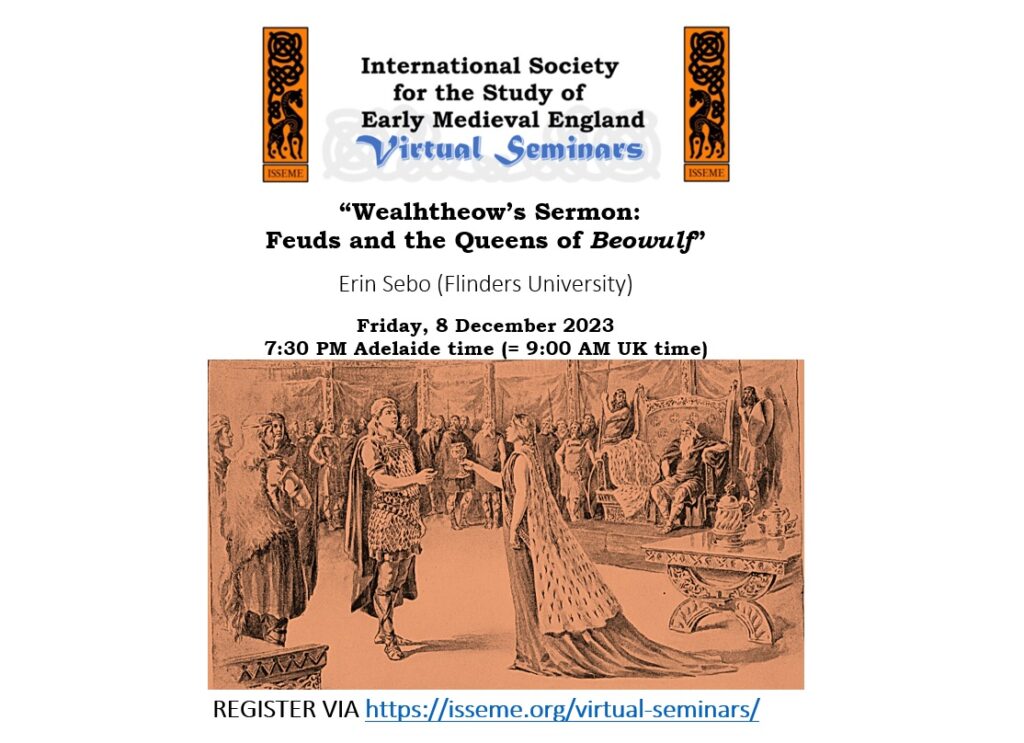Chet Van Duzer, visiting research fellow at the University of Western Australia, is running a series of workshops in Canberra, Sydney and Melbourne on the subject of early modern maps in October 2025. See details below.
Tuesday, 14 October, Canberra, Australian National University, Hope Building (at 14 Ellery Crescent), 12-2 pm: Workshop: “Looking Slowly at Early Modern Maps”
Abstract: Maps are incredibly rich documents that only reveal some of their secrets after slow and deliberate study, and it is precisely this aspect of maps that we will explore in this two-hour workshop.
Chet Van Duzer will analyze several early modern maps and provide examples of important characteristics of them that can only be appreciated and understood through slow looking. He will also supply advice on how to study maps slowly, and workshop participants will consult historic maps to begin to practice looking slowly at them, with plenty of time for examining the maps together and asking questions. The goal of the workshop is that participants will gain experience and tools for engaging more fully with maps in the future.
Tuesday, 14 October, Canberra, National Library of Australia: Talk, 6pm to 7pm: “Mapping the Unknown: Cartographers’ Strategies for Navigating Uncertainty”
Abstract: We tend to trust maps as accurate depictions of the world, and most early modern cartographers are content to benefit from that trust without raising questions about the reliability of their sources. In this talk I examine several methods that cartographers used from the fifteenth to the eighteenth centuries to depart from this convention and indicate to their viewers which parts of their map they were certain about, and which they were uncertain about. Some of these methods include listing sites about whose location the cartographer is uncertain, using a different graphic style to depict unknown coastlines, using signs to distinguish between certain and uncertain regions, and surrendering to uncertainty and reprinting varying maps of the same region together.
Monday, 20 October, Melbourne, Australian Catholic University, 2 pm: 90 minute workshop: “Looking Slowly at Early Modern Maps”
Abstract: Maps are incredibly rich documents that only reveal some of their secrets after slow and deliberate study, and it is precisely this aspect of maps that we will explore in this 90 minute workshop.
Chet Van Duzer will analyze several early modern maps and provide examples of important characteristics of them that can only be appreciated and understood through slow looking. He will also supply advice on how to study maps slowly, and workshop participants will consult historic maps to begin to practice looking slowly at them, with plenty of time for examining the maps together and asking questions. The goal of the workshop is that participants will gain experience and tools for engaging more fully with maps in the future.
Wednesday, 22 October, Sydney, University of Sydney: Talk, 12:10pm-1:30pm, Vere Gordon Childe Centre Boardroom: “Mapping the Unknown: Cartographers’ Strategies for Navigating Uncertainty”
Abstract: We tend to trust maps as accurate depictions of the world, and most early modern cartographers are content to benefit from that trust without raising questions about the reliability of their sources. In this talk I examine several methods that cartographers used from the fifteenth to the eighteenth centuries to depart from this convention and indicate to their viewers which parts of their map they were certain about, and which they were uncertain about. Some of these methods include listing sites about whose location the cartographer is uncertain, using a different graphic style to depict unknown coastlines, using signs to distinguish between certain and uncertain regions, and surrendering to uncertainty and reprinting varying maps of the same region together.










